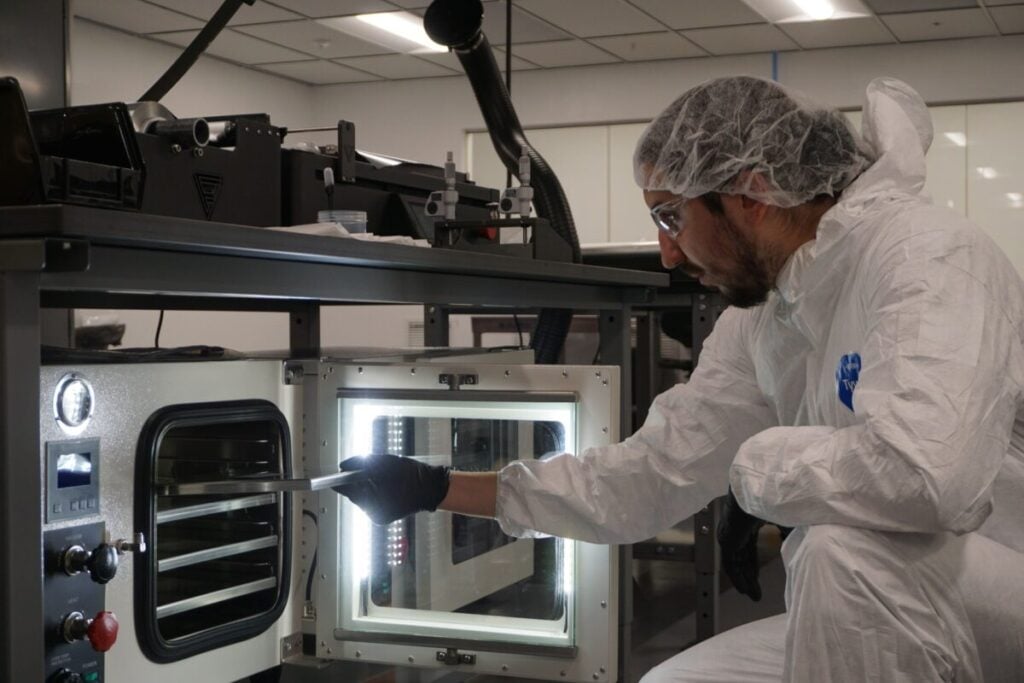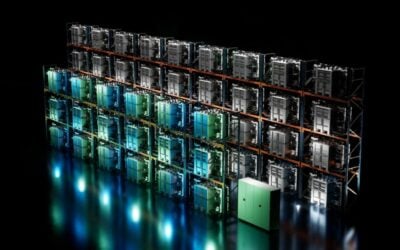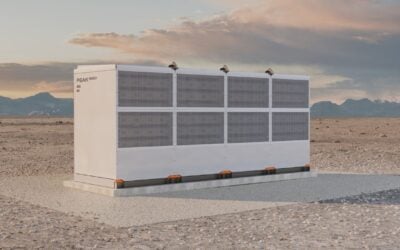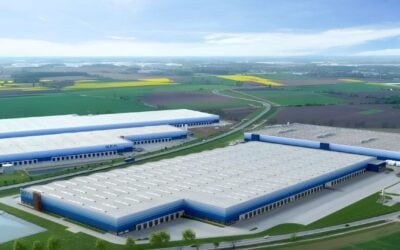
US-based sodium-ion BESS startup Peak Energy has opened a battery cell engineering centre in Broomfield, Colorado, in partnership with the Colorado Office of Economic Development and International Trade (OEDIT).
The centre, expected operational this month, will support the development of the US sodium-ion battery supply chain and similar technologies, and the company aims to begin sodium-ion battery cell manufacturing by 2027 and plans for a US supply chain by 2030.
The company is hoping to use the sodium-ion technology to help Colorado reach the goal set by Governor Jared Polis of achieving 100% renewable energy by 2040.
In July, Peak Energy raised US$55 million in a Series A funding round led by Xora Innovation, an early-stage tech venture capital arm of Singapore government-owned investment group Temasek, with participation from investor Eclipse and strategic partner TDK Ventures, and other parties.
Try Premium for just $1
- Full premium access for the first month at only $1
- Converts to an annual rate after 30 days unless cancelled
- Cancel anytime during the trial period
Premium Benefits
- Expert industry analysis and interviews
- Digital access to PV Tech Power journal
- Exclusive event discounts
Or get the full Premium subscription right away
Or continue reading this article for free
The TDK partner who led the deal, Anil Achyuta, spoke to Energy-Storage.news in September (Premium access article), saying: “Lithium-ion will be the bedrock of electrification, but there are fundamental advantages to sodium-ion for energy storage and that’s why we bet on Peak Energy. Four to ten hours of storage is a very large market in grid-scale ESS, and sodium-ion is well-placed for it.”
Sodium-ion batteries are making advances. A recent report from market research company BCC Research projected demand for sodium-ion batteries to increase from US$318 million in 2023 to US$838.5 million by the end of 2029.
The report notes some contributing factors to this projection as a need for a cost-effective alternative to lithium-ion (li-io) batteries, safer alternatives to conventional batteries, and grid-level use of sodium-ion batteries.
Speaking with Energy-Storage.news, president US sales and marketing for lithium-ion OEM and DC block supplier REPT BATTERO, Vikash Venkataramana (Premium access article) said: “Sodium-ion technology is where LFP was 5-7 years ago. For energy storage applications, improving its usable life, cycle life, round-trip efficiency (RTE) is critical.”
According to BloombergNEF, global average lithium-ion battery pack prices have fallen 20% in 2024. A contributing factor to this trend is the adoption of lithium iron phosphate (LFP) batteries.
In November, Chinese EV manufacturer a BYD executive announced the launch of a sodium-ion BESS product, using the company’s proprietary Long Blade Battery Cell. Chinese companies, leaders in the battery manufacturing space, are investing a lot into sodium-ion technology. In July, HiNa Battery announced the first 50MW/100MWH portion of the company’s sodium-ion BESS.
The US is also catching on to sodium-ion battery technology. The US Department of Energy (DOE) awarded US$50 million over the next five years to establish the Low-cost Earth-abundant Na-ion Storage (LENS) Consortium, led by the DOE’s Argonne National Laboratory.
The establishment of the LENS Consortium comes after the Office of Electricity (OE) published the ‘Achieving the promise of low-cost long-duration energy storage’ report.
Part of the DOE’s Energy Earthshots programme to advance R&D and commercialisation of sustainability technologies, the report describes 10 technologies across electrochemical, chemical, mechanical, and thermal energy storage categories, including an emphasis on sodium-ion technologies.





